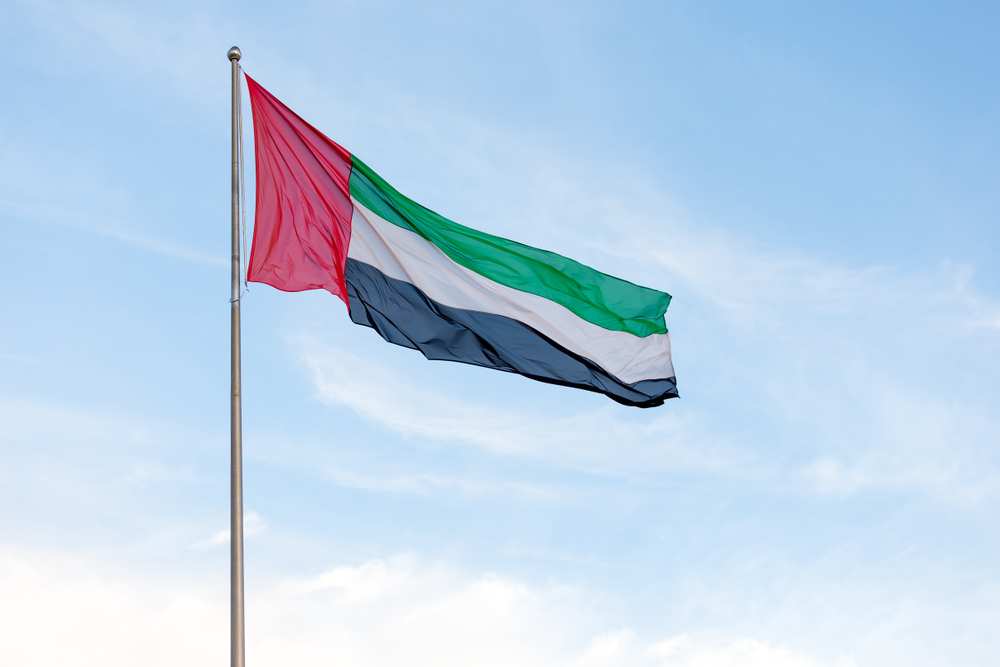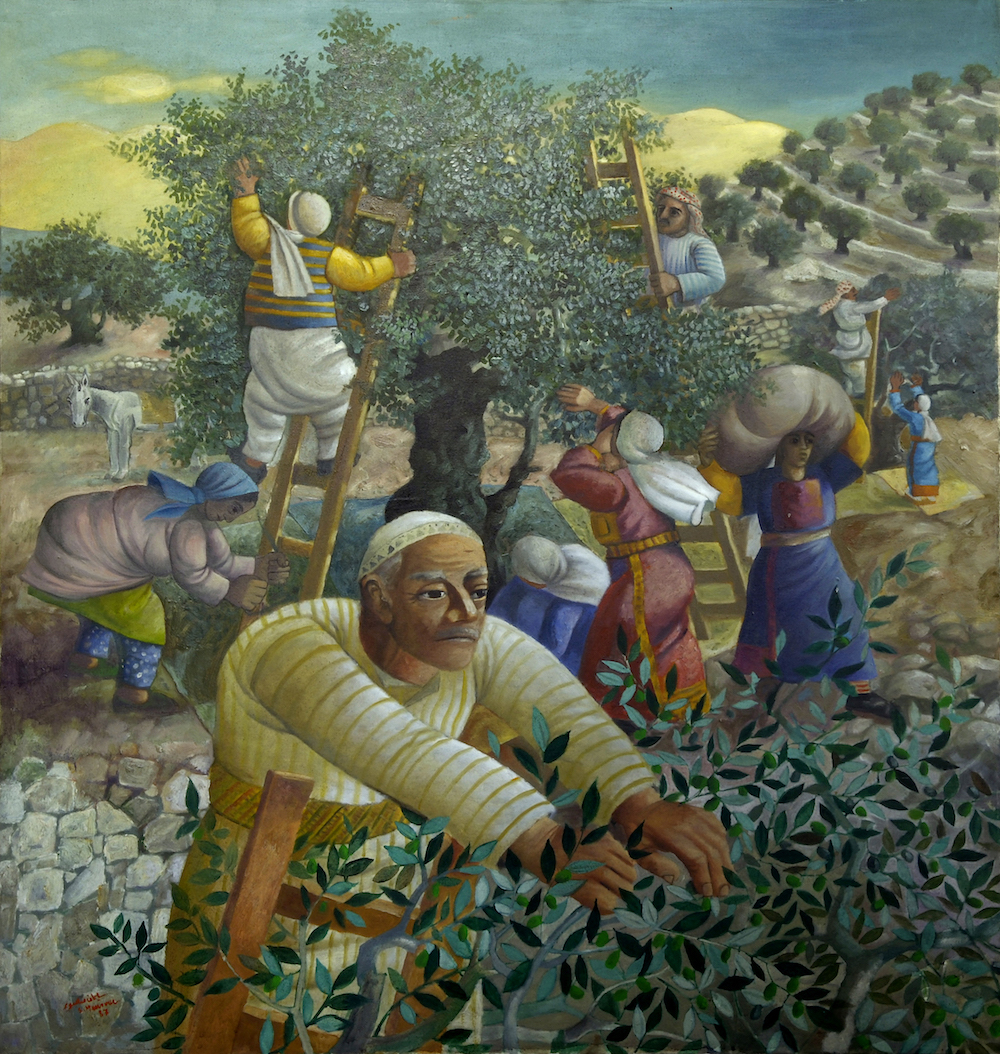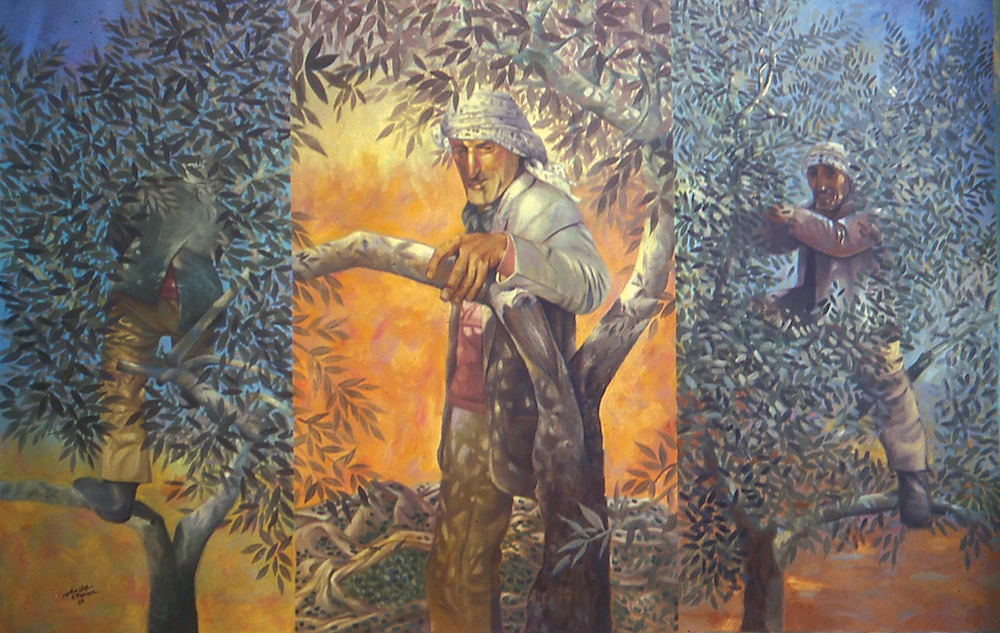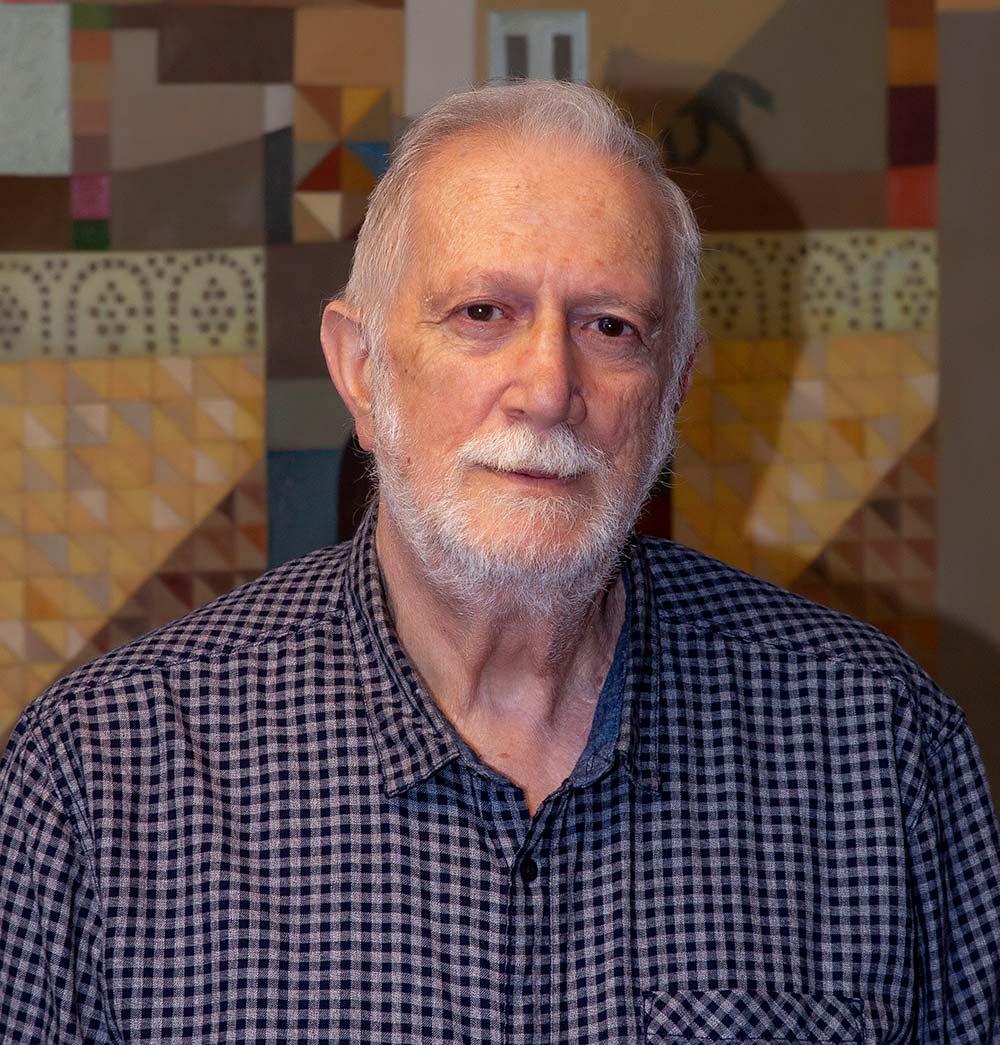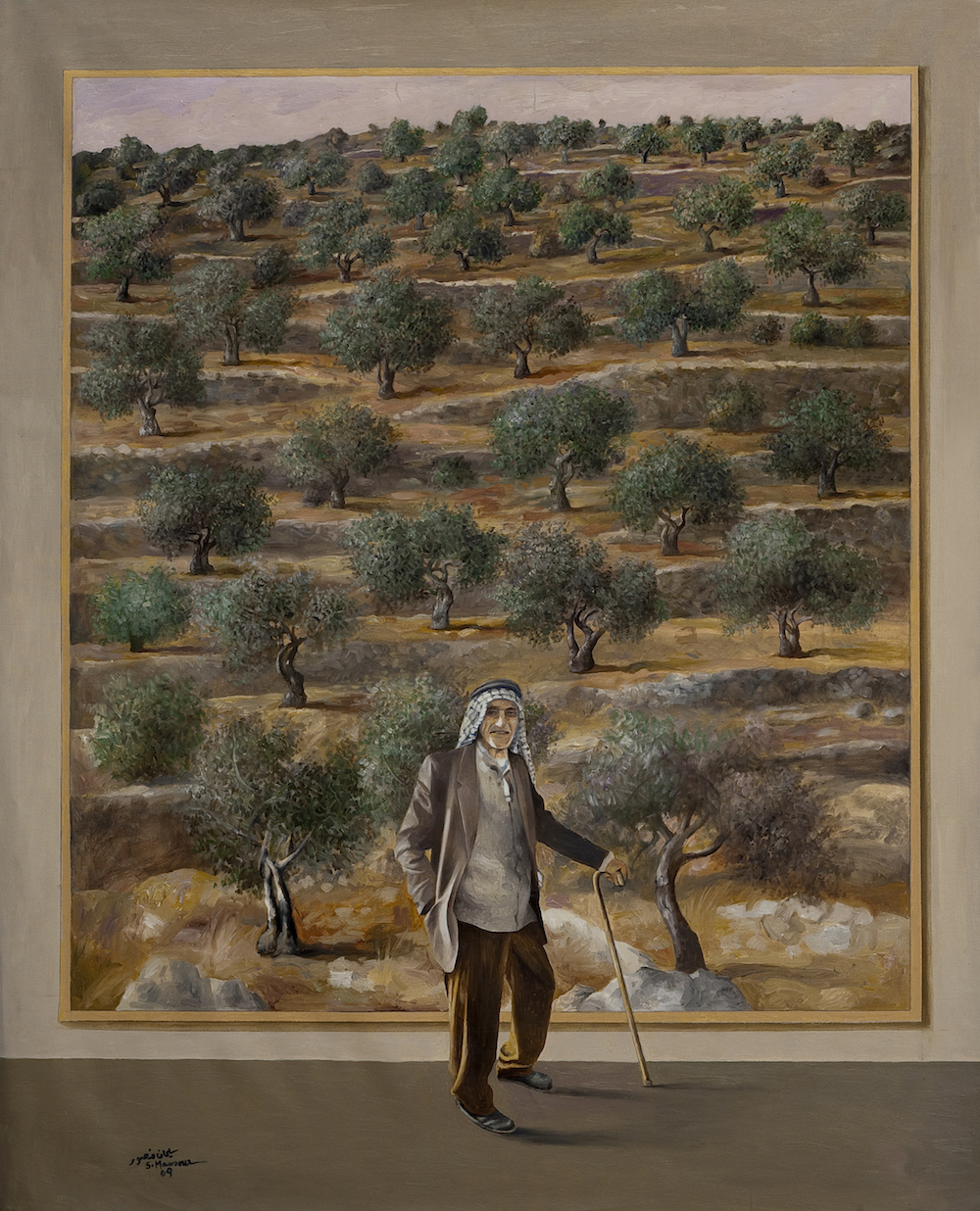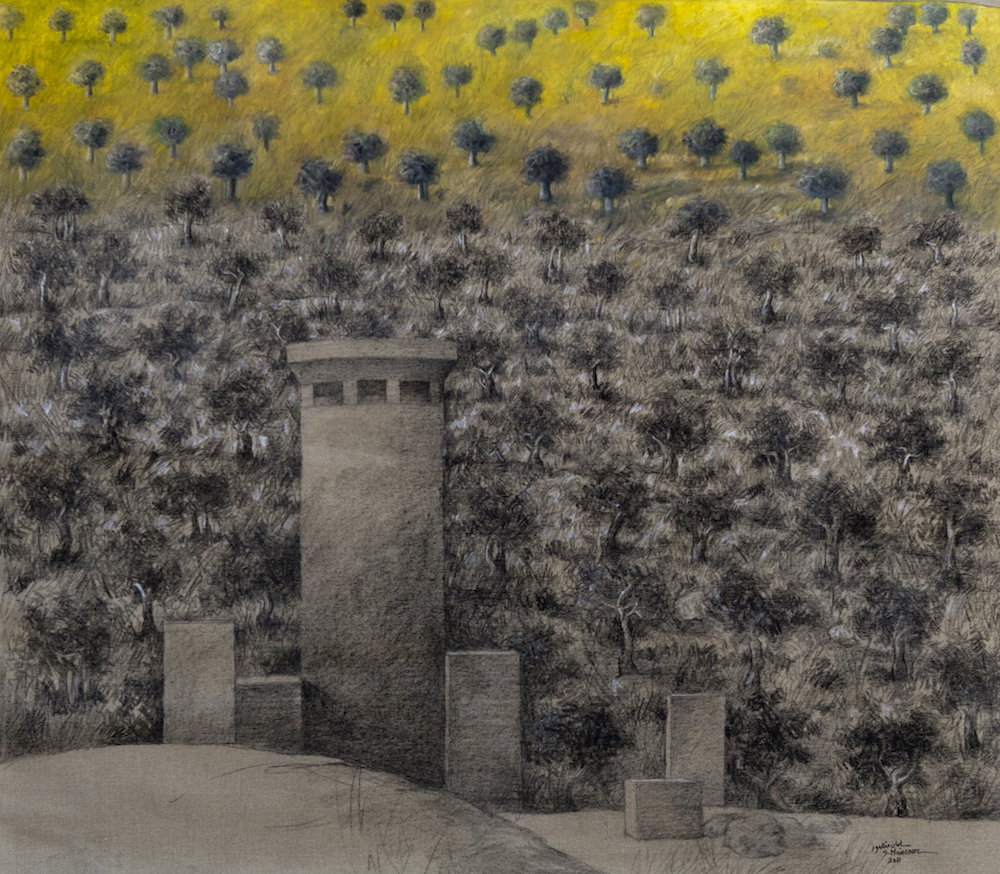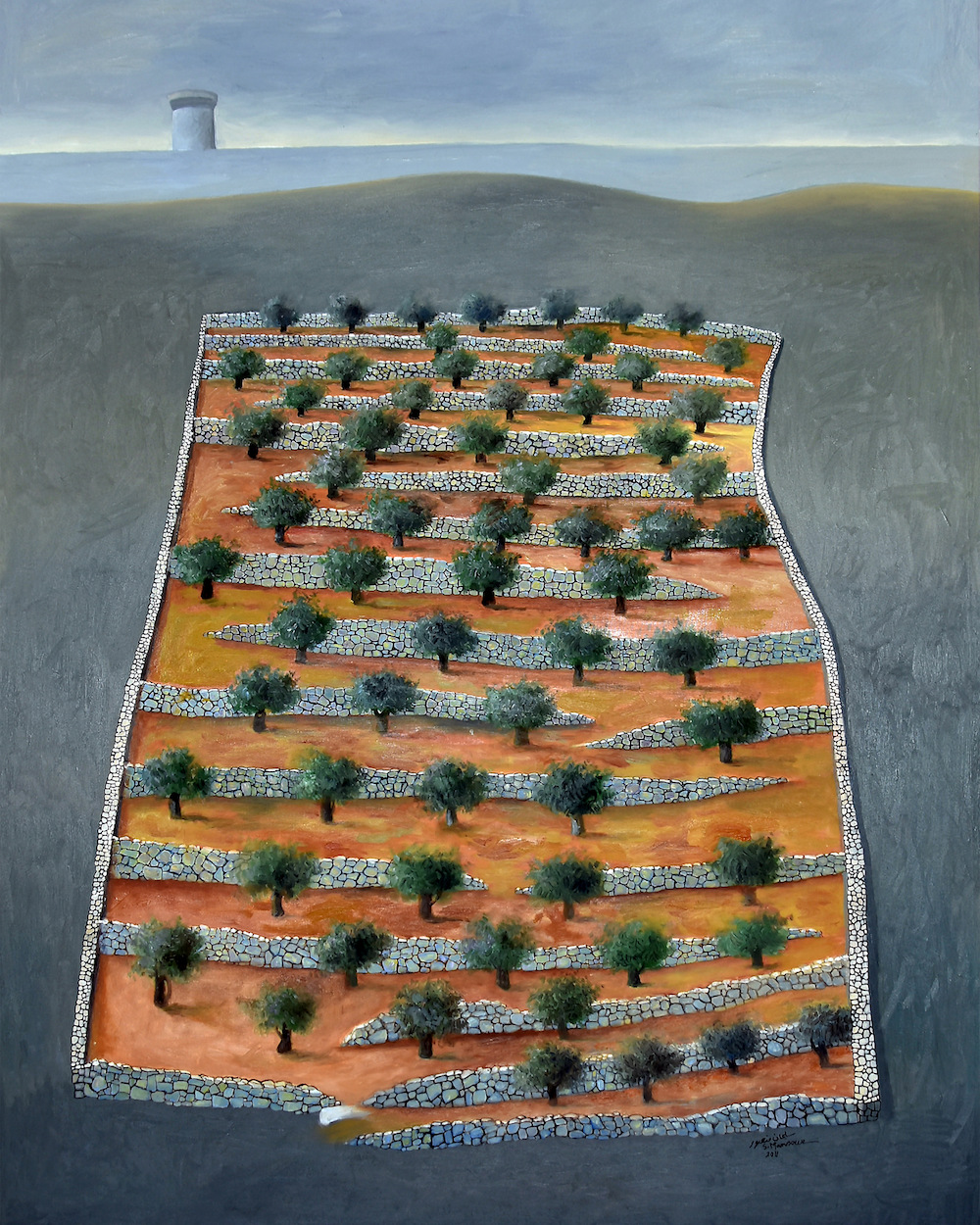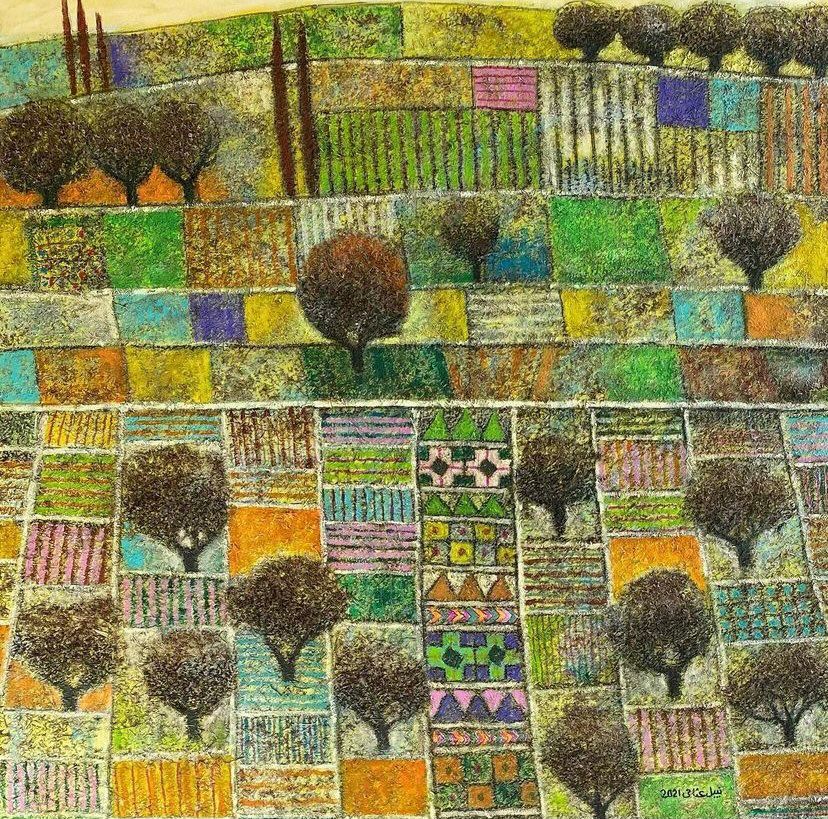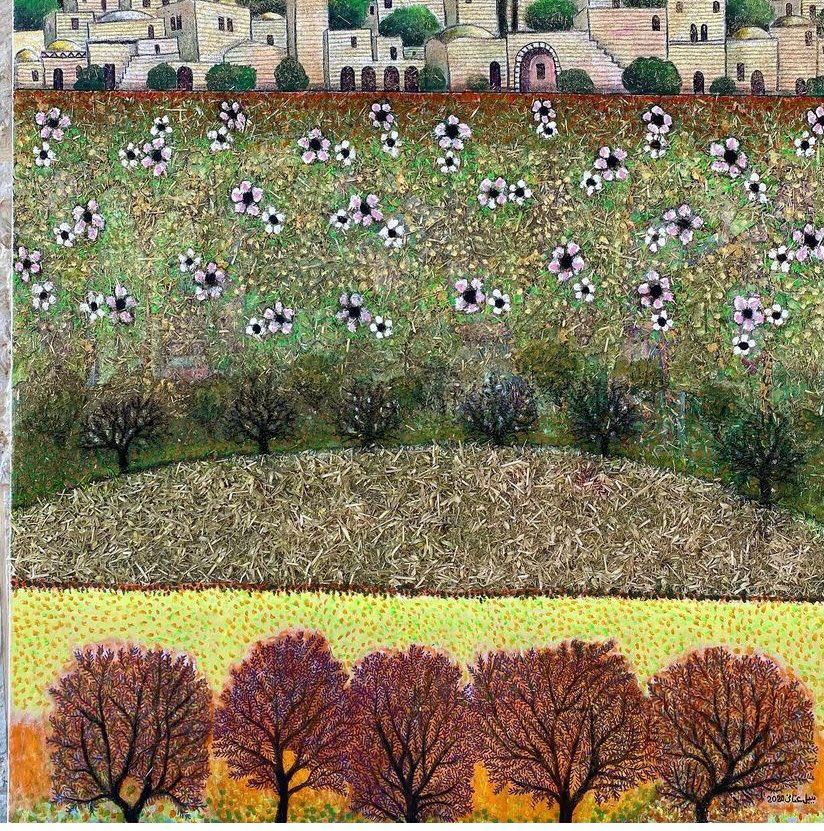Mixed reaction in Jordan over amendment to expand king’s power
AMMAN: Jordan’s Parliament has been presented with 30 constitutional changes that aim to reform electoral law while also increasing the powers of the king within the executive branch.
MP Salah Armouti, former head of the Jordanian bar, and Mamdouh Abadi, former Amman mayor and deputy prime minister, were among those who voiced criticism against what they described as “unnecessary amendments.”
Among the changes is the “constitutionalizing of the National Security Council with wide-ranging political and security powers.”
The new council, headed by the king, will include the prime minister, army chief, directors of the security forces, foreign and interior ministers, as well as two other members that the king will appoint.
The concern is that the council will “create a new body that will be parallel to that of the executive and legislative branches of government.”
Jordan’s monarch will also be able to appoint and fire the chief justice, head of the Sharia court, the general mufti, the head of the Royal Hashemite Court and advisers, adding to existing control over the chief of the army, head of the gendarmerie and head of the intelligence service.
In the past, all these appointments were made based on the recommendations of the prime minister.
Samar Mhareb, director of Arab Renaissance for Democracy and Development, told Arab News that there is “no justification” for the amendments.
“These amendments will deepen the lack of trust with government and will propel the palace into the unilateral decision-making process on the account of sovereign bodies that are supposed to carry out issues of national accountability,” said Mhareb.
The message behind these amendments is that the elected bodies are not able to take such important decisions, he added.
“As civil society activists, we reject these amendments, which reflect a paternalistic attitude in terms of who can decide on important security and foreign relations issues.”
However, Haytham Ereifej, a lawyer and a political activist, told Arab News that he welcomed the constitutional amendments, which he said have “a single goal.”
He added: “The goal is to prepare for the creation of elected governments while issues of security and foreign affairs stay clearly in the hands of the king.
“The elected prime minister will have local powers in areas of economics, health and education, as well as in other areas,” said Ereifej.
He believes that the amendment “sends messages of comfort and reassures the public that we are moving closer and closer to an elected government which will change the way that Jordan is run.”
Saad Hattar, a former BBC reporter and an investigative journalism trainer, told Arab News that the amendments are “not needed” and “will weaken democratic reform efforts.
“By ceding powers from the government to the palace, the amendments will put the king in a vulnerable position, because on the one hand he is immune from criticism, but now that his appointments will not require recommendations from the government, it will be difficult to uphold his immunity if things don’t turn out well,” Hattar said.
Etaf Roudan, manager of Radio Al-Balad and a member of the MENA region WAN/IFRA gender committee, told Arab News that the amendments “have not been available for discussions among the public.
“Some argue that these amendments came because of the weakness of the government, but it is important to remember that the decision to appoint and remove prime ministers is in the hands of the king.”
Ahmad Awad, the founder and director of the Phenix Center for Economic and Informatics Studies, told Arab News that those behind these amendent “did not consider the dangers on the operations of the government and the effects that they will have on the king as a unifying symbol of the country.”
Awad said: “I think this will trap the king into administrative issues even though according to the constitution, he is not accountable. I believe that the king should stay above reproach by means of upholding the current constitutional checks and balances.”
The Jordanian government responded to critics through Minister of Political Affairs Musa Maaytah.
The minister said that the constitutional amendments will create a national security council “that will help coordinate between the military and civilian institutions of the country.”
Responding to a question in parliament on Tuesday, Maaytah said: “The recent challenges such as armed conflicts, wars, terrorist acts and drugs are all issues that affect the national security of the country and this is what caused the push to come up with this idea and to constitutionalize it.”
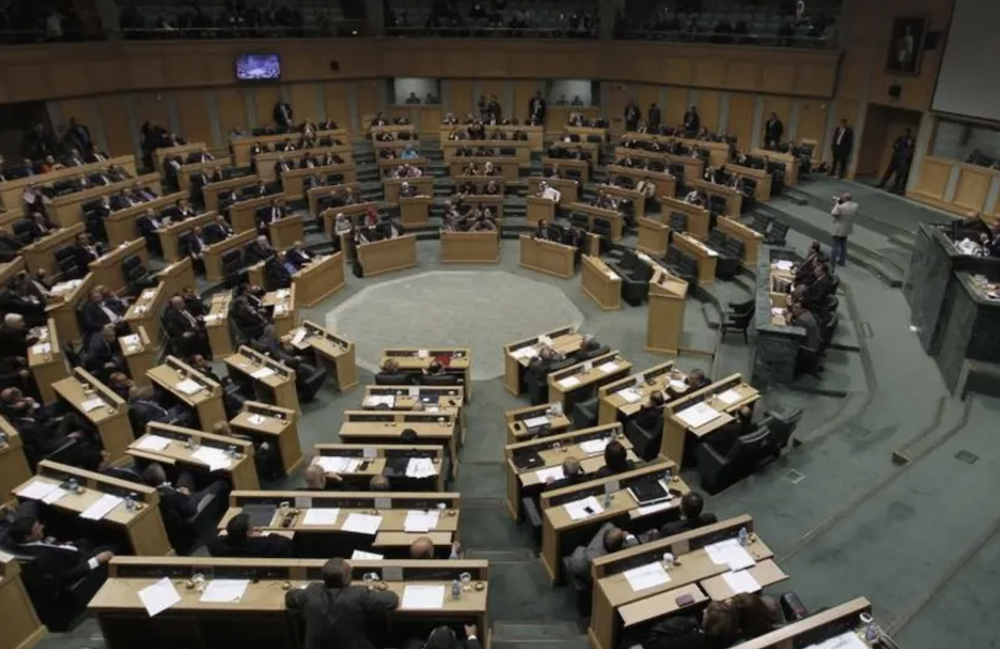
Uproar over detention of 36 Jordanian students protesting water dealJordan’s king calls for stepping up efforts on Palestinian two-state solution in UAE during Gulf tour



